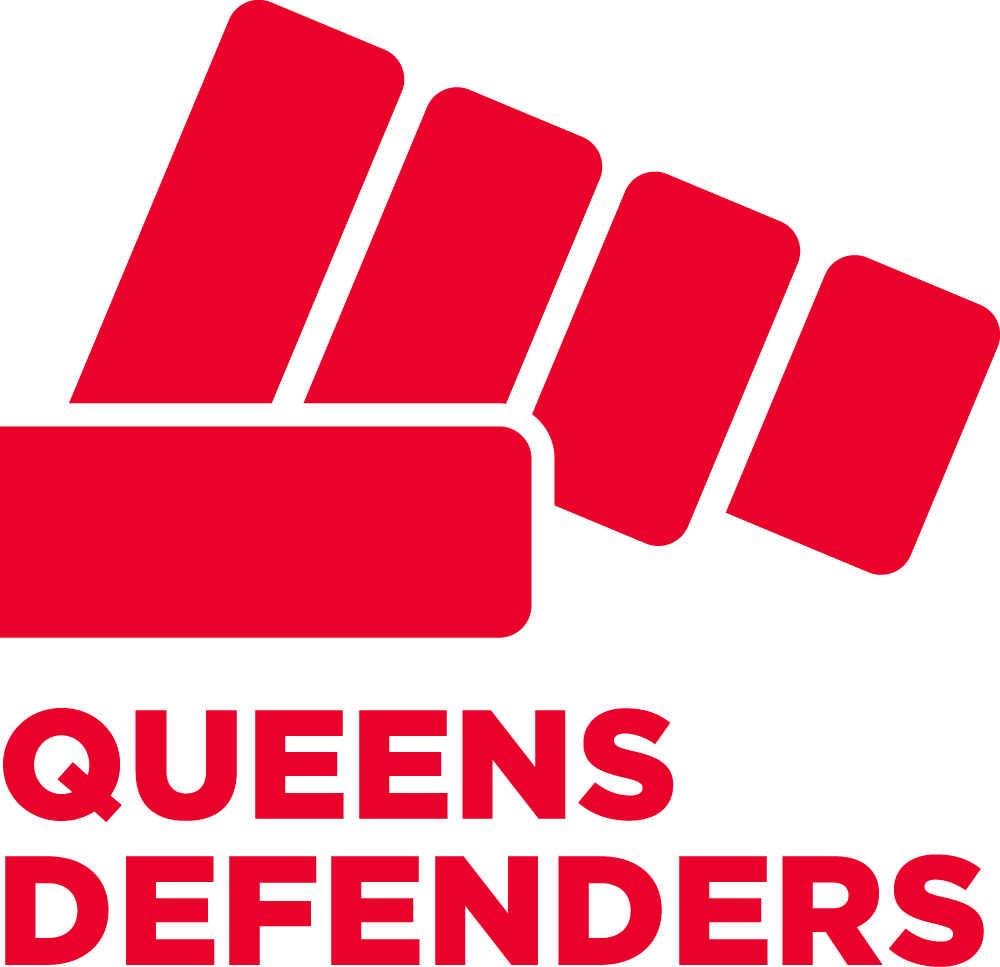New York City Council
Committee on Public Safety
May 1, 2024
Testimony of Bruce Bryan, Client Advocate – Queens Defenders
Good morning, Chairperson Salaam, and members of the Committee on Public Safety. My name is Bruce Bryan, and I am a Client Advocate for Queens Defenders. Prior to this role, I was wrongfully convicted and served over 29 years in prison. Thank you for the opportunity to speak today. Before I begin, I wish to commend the New York City Council for considering this array of proposed legislative reforms calling for a systemic shift in both the wrongful conviction claims process and the decarceration landscape. Your leadership on this issue is an important step toward our city’s reckoning with both our current crisis of mass incarceration and our serious wrongful conviction problem — an intertwined state of affairs.
According to the National Registry of Exonerations, New York has the third highest level of wrongful convictions in the United States. Despite the current legislative regime making it extremely difficult for those incarcerated to challenge their convictions, there have been more than 369 people exonerated since 1989. This is a statistic we should be ashamed of. Each number represents a life stolen. Further, marginalized members of our community are unacceptably overrepresented. The Innocence Project notes that: “Black people account for 40% of the approximately 2.3 million incarcerated people in the U.S and nearly 50% of exonerees – despite making up just 13% of the US population. This is in large part, because they are policed more heavily, often presumed guilty, and frequently denied a fair shot at justice.”
Proposed Resolution S.1774, relating to forensic DNA testing and requesting certain DNA test comparisons, would help create additional, and necessary, avenues for those incarcerated to challenge the absolute injustice of a wrongful conviction. Further, I call on the Legislature to pass proposed Resolution S.5824/A6860, aimed at providing innocent people, who have been wrongfully convicted, an avenue to be able to recover restitution and damages against the state for time served.
I am here today to offer my story as an example of how nefarious tactics in police investigations and prosecutorial conduct, often guised as a tough-on-crime approach, in fact do not serve public safety – they only contribute to wrongful convictions and mass incarceration.
When I was 23 years old, I was arrested and prosecuted for a murder that I did not commit. As a result of a drug related shootout, a young person was killed. This involved multiple parties firing numerous shots. I was not one of the shooters and I never possessed a gun that day. There were multiple things that the NYPD did during that arrest and investigation that violated my Constitutional rights and contributed to my wrongful conviction.
When my case proceeded to trial, I watched on as the prosecutors spun a fantastical narrative, one that can only be likened to a Hollywood plot, and strayed far from the facts of the case. The prosecution used emotion and story-telling tactics to confront and shock the jury. Prosecutors told the tale of a key witness as being present at the scene of the crime, but who was in fact at home studying. Moreover, they persuasively told the jury of a gun in my hands, used to shoot, which was completely false and factually devoid. I have no doubt that the tactics used by those prosecuting me swayed the jury to wrongfully convict me which ultimately led to my incarceration for over 29 years. For these reasons, legislative discussion and reform pertaining to prosecutorial conduct and accountability is a crucial step in ensuring the right to a fair trial and to avoid the further injustice of more wrongful convictions. I use this opportunity to urge City Council to renew the call for passing the Challenging Wrongful Conviction Act, which would make it easier for those seeking to challenge a conviction, including people who pled guilty but have evidence of their innocence. Although this was vetoed by Governor Kathy Hochul, late last year, after it passed the Legislature, it is motivating to see this Bill is included in the State Senate’s one-house budget. I urge City Council to join in the call for state legislators to reprioritize the passing of this landmark Bill in 2024.
During my time incarcerated, I witnessed squalid pre-trial jail and post-conviction prison conditions, which were completely inadequate to meet the needs of those in custody. Resolution S.3103-B/A.6058-A, requiring mental health services for those incarcerated, is important especially for those grappling with the absolute trauma of being wrongfully convicted.
In 2022, I received clemency, and today, I am working as a Client Advocate at Queens Defenders leading innovative youth programming for our young court-involved clients that helps them make better life decisions and pursue meaningful and engaging educational and career goals. Last week I celebrated one year of being at home and being able to contribute positively to my community. However, there are many spaces where formerly incarcerated people continue to be excluded from. I believe that passing Resolution S.4795/A.5959, aimed at having at least one formerly incarcerated person as a member of the State Board of Parole, would help ensure the proximity and visibility of formerly incarcerated voices, and would have helped me better navigate my release journey.
Similarly, proposed Resolution S.206-A/A.1432-A, which would allow convicted felons to serve on jury, is a step toward destigmatizing the formerly incarcerated and ensuring that our voices, shaped from our lived experiences, are not silenced in the criminal justice system. These legislative reforms are important steps forward to ensure the integrity of the decarceration process.
Again, I thank the Committee on Public Safety for considering legislative action aimed to prevent future wrongful convictions and to implement support in the decarceration space. I can only hope that we can collectively work together to protect the next generation and to make our system fair for everyone.
###
